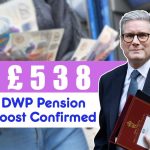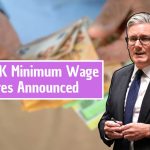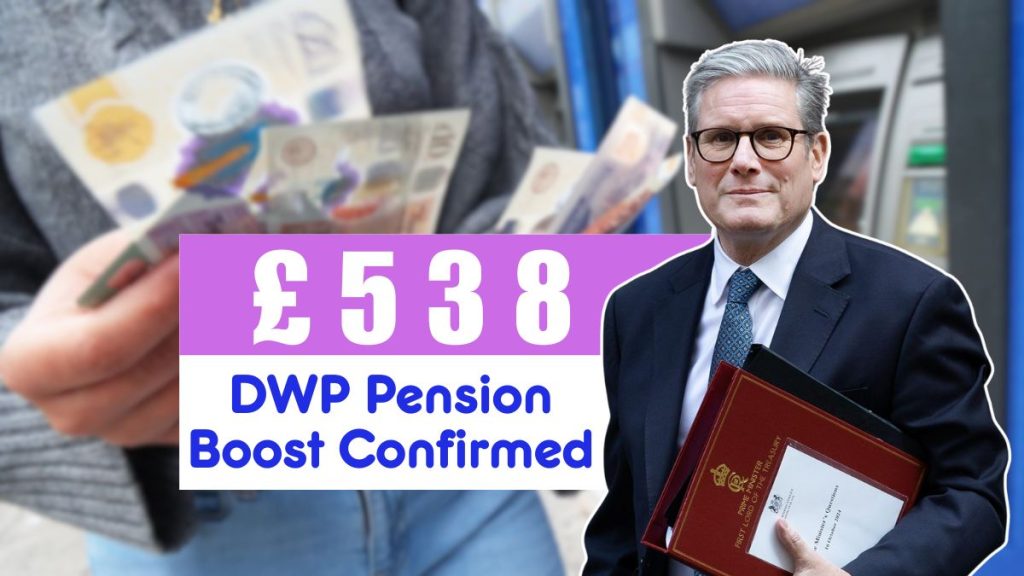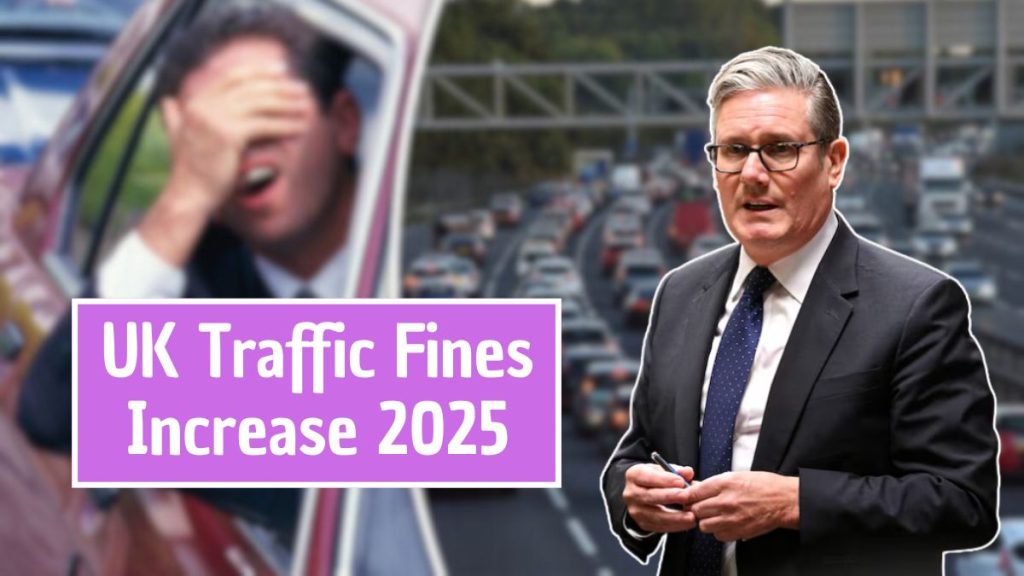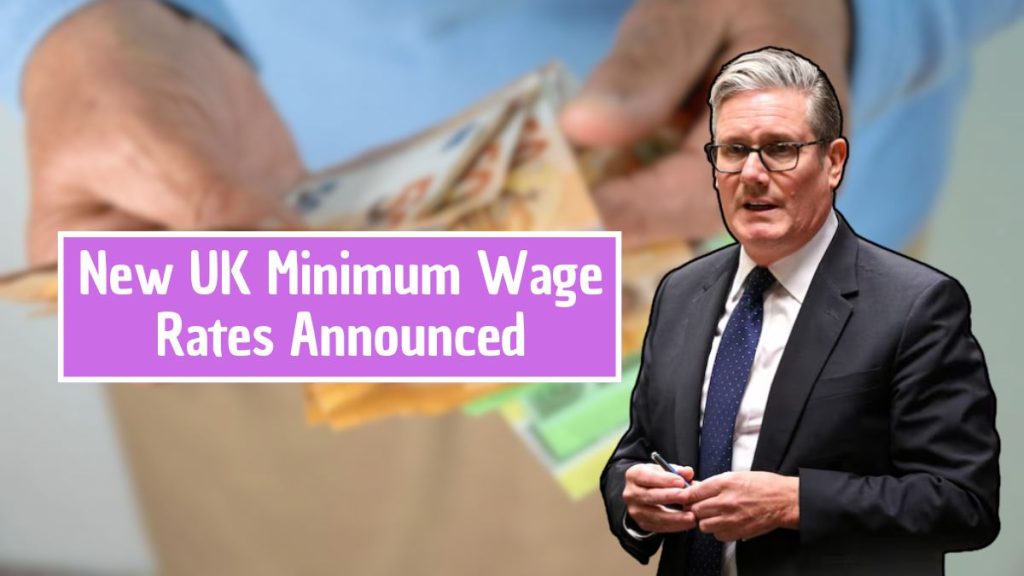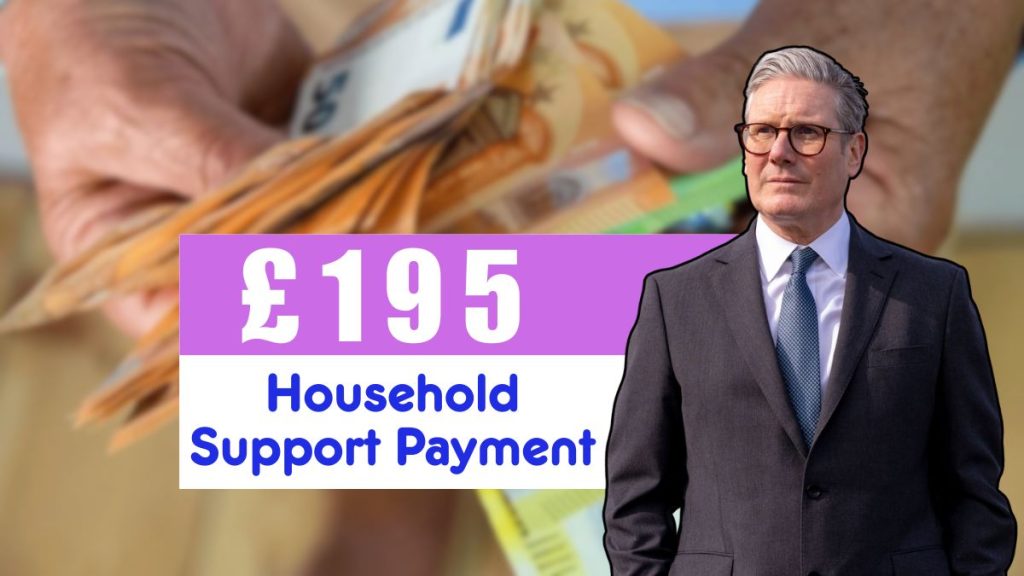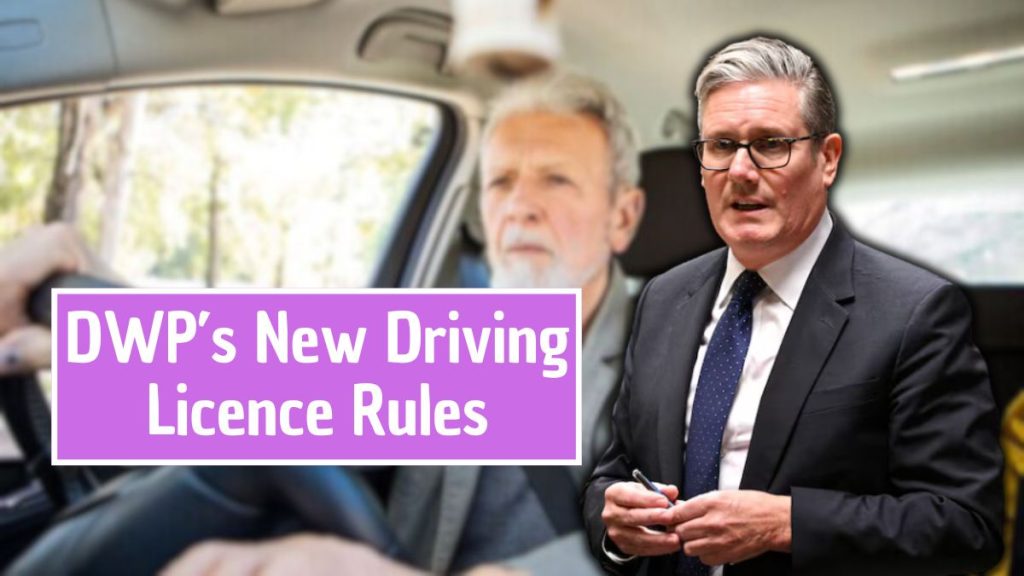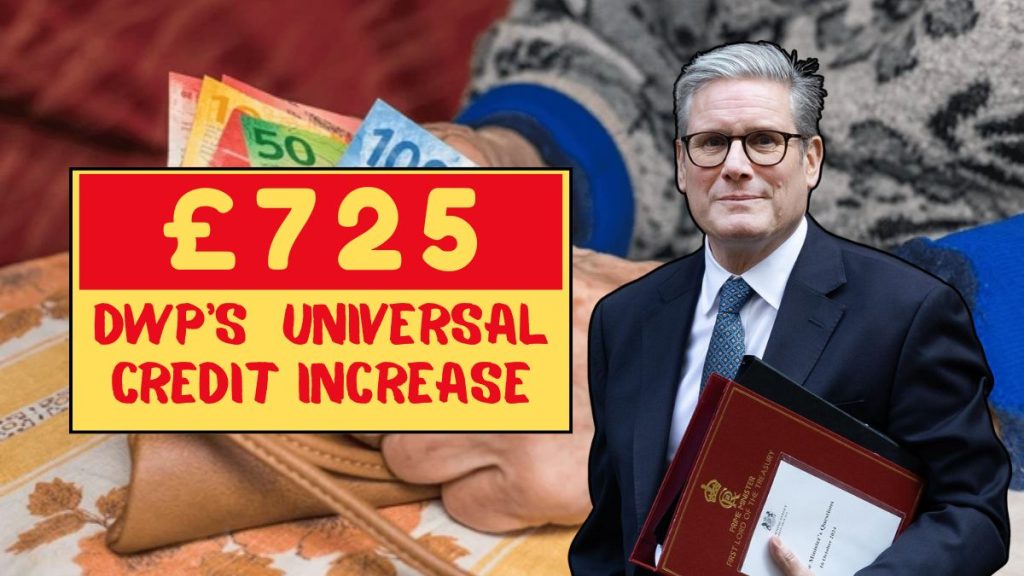The Department for Work and Pensions (DWP) has announced a new update that could provide extra support of up to £812 for millions of UK households in 2025. With rising food prices, high energy bills, and rental costs putting enormous pressure on families, this payment is aimed at the most vulnerable – those already receiving certain benefits.
Unlike the one-off cost-of-living payments of the past few years, the £812 support is targeted at specific groups through four main benefits. The aim is not blanket help for everyone, but focused relief for those who need it most.
What Is the DWP £812 Payment?
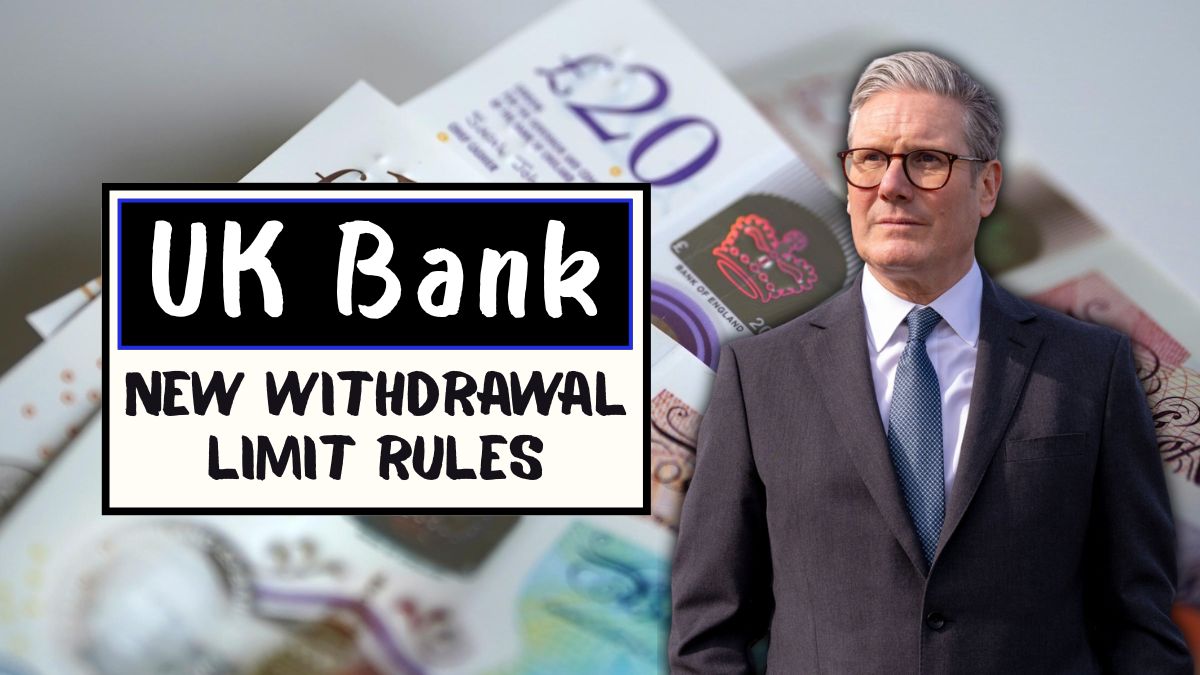
The £812 DWP payment is a cost-of-living support measure designed to help low-income families, pensioners, unemployed people, and individuals with disabilities.
This scheme differs from earlier support programs because it is tied directly to qualifying benefits. Instead of one-time payouts to millions, the £812 boost is meant to reach households under the most financial strain.
Quick Summary – DWP £812 Payment Update
| Key Detail | Information |
|---|---|
| Payment Name | DWP £812 Payment Update 2025 |
| Amount | Up to £812 per eligible household |
| Qualifying Benefits | Universal Credit, Pension Credit, Income-Based Jobseeker’s Allowance (JSA), Income-Related Employment and Support Allowance (ESA) |
| Delivery | Automatic bank transfer |
| Frequency | Linked to assessment periods |
| Exclusions | Contribution-based JSA/ESA, higher-income households, those with significant savings |
| Purpose | Cost-of-living relief for low-income, pensioners, and disabled households |
| Official Website | gov.uk/dwp |
Universal Credit Claimants
Universal Credit remains one of the largest welfare schemes in the UK, supporting people who are:
- Out of work
- On low incomes
- Unable to work due to illness or caring responsibilities
How the £812 applies:
- Families with children, disabilities, or caring duties are most likely to qualify.
- Even those in part-time or full-time work could be eligible, since the scheme is income-based, not strictly work-based.
- Payments will be automatic if thresholds are met.
This corrects a widespread misconception: being employed does not exclude you from receiving additional DWP support if you meet the income criteria.
Pension Credit Claimants
Pension Credit is specifically designed to help older citizens whose retirement income is below a certain threshold.
- Why it matters: Pension Credit acts as a gateway benefit, unlocking other assistance such as free NHS dental care, the Warm Home Discount, and council tax reductions.
- Pensioners eligible for Pension Credit will also qualify for the £812 payment.
- Many older citizens are unaware that they can claim Pension Credit, meaning they may miss out on this much-needed financial boost.
The government is urging pensioners to check their eligibility immediately, as the £812 payment could provide critical relief from rising household costs.
Income-Based Jobseeker’s Allowance (JSA)
Income-based JSA supports unemployed individuals actively looking for work.
- Claimants will be automatically assessed for the £812 payment.
- The money is designed to help cover essentials such as food, bills, and travel costs during the job search.
- Contribution-based JSA does not qualify unless combined with income-based elements.
For unemployed workers, this support could provide short-term financial stability while they work to re-enter employment.
Income-Related Employment and Support Allowance (ESA)
ESA provides income for those unable to work due to long-term illness or disability.
- ESA claimants are among the most financially vulnerable, often facing higher healthcare costs.
- The £812 payment recognises these challenges, particularly for individuals who rely on higher energy usage for medical equipment or frequent hospital travel.
- Payments will be automatic, ensuring that vulnerable households do not have to go through an additional application process.
How Will the £812 Payment Be Delivered?
The DWP has confirmed:
- Payments will be sent directly into bank accounts linked to the qualifying benefit.
- No separate application is required.
- Bank statements will clearly mark the transaction for transparency.
Claimants are urged to make sure their bank details with DWP are up to date to avoid delays.
Important: The DWP will never contact claimants by text, email, or phone asking for bank details. Any such message is likely to be a scam.
Who Will Not Qualify?
This support is targeted, meaning not everyone will receive it. Exclusions include:
- People on contribution-based JSA or ESA (unless combined with income-based elements).
- Households with income above DWP thresholds.
- Self-employed individuals whose earnings recently increased.
- People with significant savings or investments.
The focus is squarely on low-income, pensioner, and disabled households struggling to cope with high living costs.
Why the £812 Update Matters
The announcement comes at a time when UK households continue to battle soaring expenses:
- Energy bills remain high, especially during winter.
- Food inflation keeps supermarket prices elevated.
- Housing costs – both rent and mortgages – remain a heavy burden.
For pensioners, unemployed workers, disabled individuals, and low-income families, the £812 payment could mean the difference between debt and stability.
FAQs About DWP £812 Payment Update 2025
Q1: Who qualifies for the £812 DWP payment?
A: Eligible groups include claimants of Universal Credit, Pension Credit, income-based JSA, and income-related ESA.
Q2: Do I need to apply?
A: No. Payments will be automatic for those receiving qualifying benefits.
Q3: How will I be paid?
A: Direct deposit into your registered bank account with DWP.
Q4: Who does not qualify?
A: Claimants on contribution-based JSA/ESA, higher-income households, or those with large savings.
Q5: Where can I check official updates?
A: Visit the official gov.uk DWP page for the latest information.
